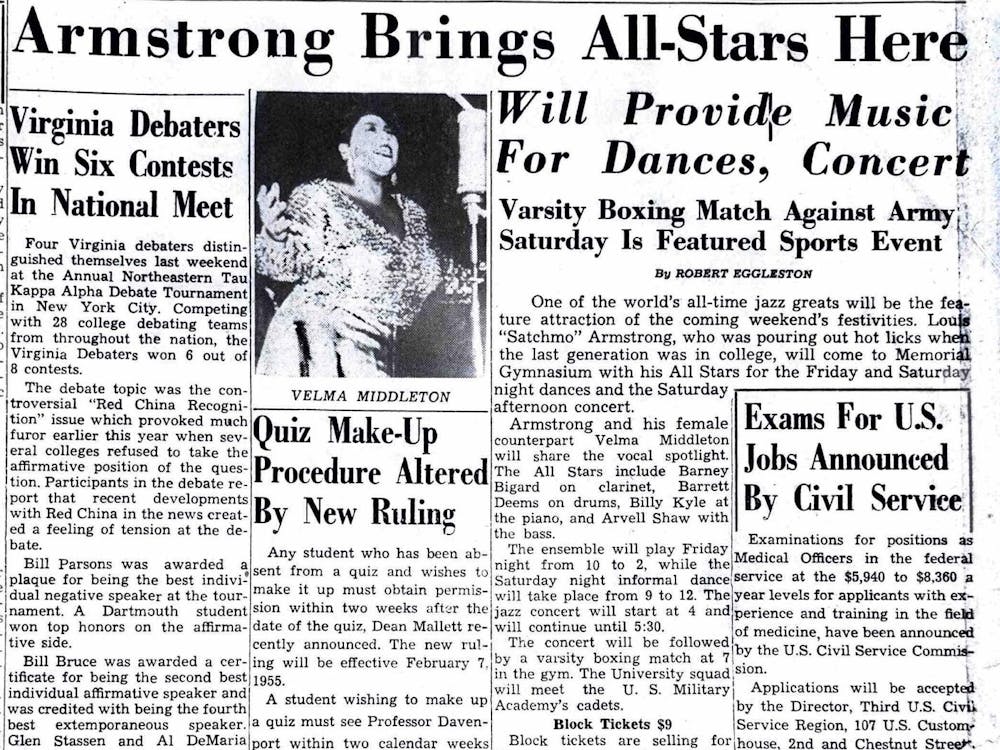Two Honor Committee referenda were validated last night, further clarifying the Committee's constitution.
The referenda were passed with a large majority vote. The referendum on the Triviality Clause passed with 5,031 votes, and the referendum on the Intent Clause passed with 5,320 votes. The criteria currently used to determine whether an act constitutes an honor offense are "act, intent and triviality." The amendments changed these criteria to "act, knowledge and significance."
The previous Triviality Clause, Article V, Section 2(2) of the constitution, stated, "No student shall be found to have committed an honor violation unless: the intentional act is of such a dishonest character that open tolerance thereof would be inconsistent with the community of trust, to the satisfaction of at least a majority of the panel. The panel shall take one vote on the criteria of act and intent, and, if necessary, a separate and subsequent vote on the criterion of triviality."
With the change, Article V now stresses the significance of the act, stating "No student shall be found to have committed an honor violation unless the act is significant ... the panel shall take one vote on the criteria of act and intent, and, if necessary, a separate and subsequent vote on the criterion of significance."
"It cuts down on the subjective nature of the word" signaling known intent of the possible honor offense, newly-elected College representative Ellie Perkins said, adding that the passage of the referendum fixes the double negative of triviality.
Outgoing Honor Committee Chair Charles Harris expressed similar beliefs about the word triviality.
The referendum on the Intent Clause of the Committee constitution changes the previous Article V, Section 2(1) of the constitution that states, "No student shall be found to have committed an honor violation unless: the evidence against him supports, beyond a reasonable doubt, an accusation of an intentional act of lying, cheating, or stealing, to the satisfaction of at least four-fifths of the panel hearing his appeal."
The new Intent Clause changes the language to reflect, "an accusation of an act of lying, cheating, or stealing that he knew or a reasonable University of Virginia student should have known might constitute an Honor Offense."
Perkins noted the necessity for the change.
"The definition of intent is to know or should have known," Perkins said. "It should have been 'knowledge' all along."
Although the two referenda were met with little opposition, arguments against the referenda did arise. Outgoing Graduate Representative Alexander Cohen opposed the new constitutional changes.
"By-laws should be in conformity of the constitution rather than the other way around, because nobody should be convicted of an honor offense without genuine intent," Cohen said. "What was ratified tonight was the existing by-laws that say if a reasonable student had known that it could be considered an honor offense, that's enough."\nPerkins and Harris believe the change of wording within the constitution bring clarity and further communication between jury members, representatives and others involved in honor trials.
The use of the word "intent" creates confusion and "a disconnect of communication," Harris said.






